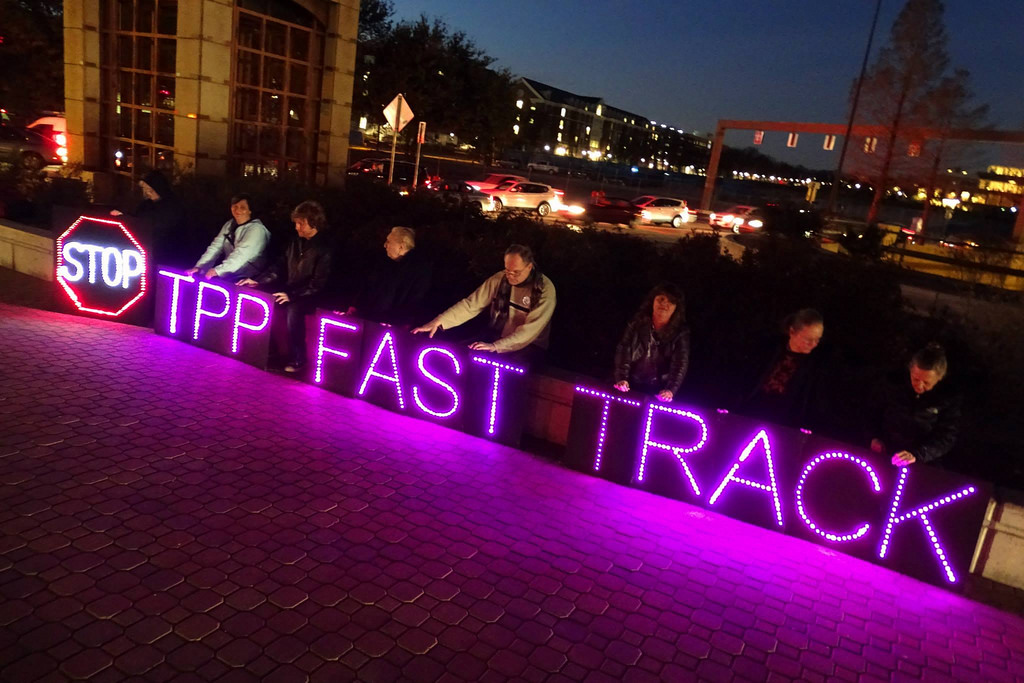How the internet will change in 2018
POSTED January 16, 2018
We are (usually) excited for what the future holds. Whether it’s advancements in modern medicine, commercial space travel, or a major event such as the Olympics or the World Cup, there is a lot to look forward to.
However, the majority of the American population seems to be worried about a massive technological tool; one that brings communities and people closer together over the likes of social media, public forums, and online gaming. There’s clearly no doubt that the internet is one of the greater godsends that we have had the luck and opportunity to enjoy… and that’s why we’re worried about it.
On December 14th, 2017, the FCC (an agency that regulates radio, television, phone industries, etc.) voted to repeal regulations that didn’t allow broadband providers (AT&T, Midco, Comcast, etc.) to block rival websites and/or charge internet users (like you and me) for higher quality internet connections. This effectively ended net neutrality, the principle that broadband providers must treat all data on the internet the same way.
With more of our digital rights now being taken away, broadband providers (that couldn’t do this before the vote) will now easily be able to favor themselves, disdain their rivals, and leave tech-savvy American citizens snatching at the price tags of “high speed internet.” We’re practically looking at huge corporations giving regular users a speed limit when they’re online, and allowing those who paid a ride on the virtual Autobahn.
Smaller companies will slow and struggle with this repeal. Beloved ones such as Reddit, Discord, and Roll20, will now have an uphill battle against bigger companies, due to internet traffic no longer being equal.
Although unlikely, it’s possible that we will face a bundling system. As feared by any typical internet user, broadband providers might split the different purposes or “parts” of the online experience and package them to users, but under a price. In this scenario, people might be paying a different price several times just to be able to enjoy all that the internet has to offer. For example, if someone only uses Snapchat, Youtube, and Spotify, they’ll have to pay for three different bundles; one for social media, (Snapchat) one for video, (Youtube) and one for music. (Spotify) The bundle will also include other apps made for those bundles, but will practically be useless because that person doesn’t want to use those other apps. They paid the price though so they might as well get the most bang for their buck.
In 2018, we’re looking at the downfall of free internet. We’re looking at the departure of net neutrality, and the heart-throbbing loss of online freedom.
But we still have a voice, as one massive community of people eager to fight to retain what’s rightfully ours, there’s a chance that none of this will ever happen. There are lawsuits pending against the FCC for the dubious repeal act, and congress has definitely been getting phone calls and emails, urging them to cut the bill, so there is hope.
As we always should do, we have to prepare for the worst. This could only be the beginning of an outcome we were doomed to experience, one that we never wanted to happen, but always knew it was a possibility. The more useful a utility gets, the more and more people will try to exploit it, and that’s what we’re seeing here.
The pieces are all slowly beginning to fall into place for the internet service providers now, and it is only a matter of time before we start seeing what they truly have in mind.
